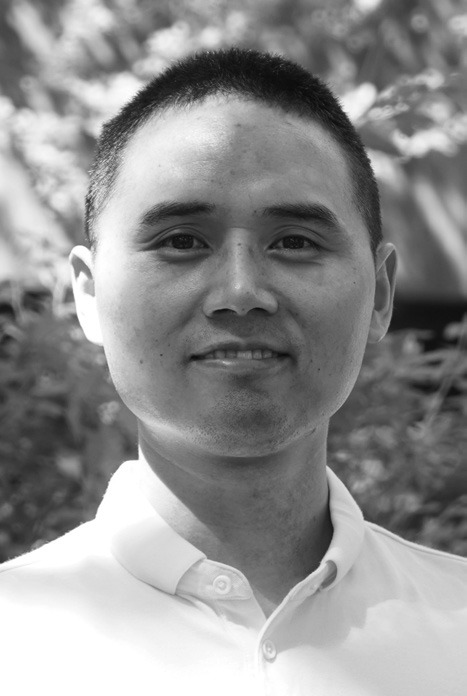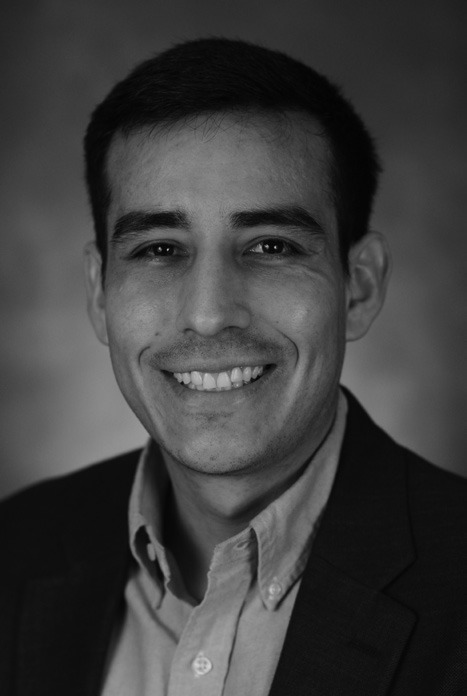Baton Rouge - Although Ivan Grijalva has only been at the LSU AgCenter since January, the recently appointed assistant professor has big goals for his research and farmers in Louisiana.
“I will be happy to just go to the field and see that there is a robot in a crop applying targeted pesticide applications using artificial intelligence,” Grijalva said. “That will be my end goal. To build that technology and contribute to teaching, so the new generation of students can learn how AI and technology can expand their skillsets and make them more competitive.”
Grijalva, along with Peng Fu, was part of a cluster hire by the AgCenter to improve the technology and research surrounding precision agriculture, a focus of many recent research projects. The goal of their research is to give farmers decision support tools to automate sampling activities and a more efficient and accurate way to determine the appropriate use of resources such as water, pesticides, fertilizer and other agricultural inputs After getting his master’s degree from Purdue University in entomology, Grijalva went to Kansas State to receive his doctorate in precision pest management, machine learning and geographic information system-based remote sensing. While he was there, he focused on applying his entomological knowledge to machine learning by developing approaches to automatically detect and count microscopic pests. These methods were integrated into a ground robotic system designed to perform targeted pesticide applications.
“Agricultural production is very traditional in terms of sampling to support management decisions. Field sampling is time consuming and resource intensive, often requiring significant effort to complete,” Grijalva said. “We can develop decision support tools using machine learning to improve sampling process.”
This would allow farmers, researchers or students to capture images and instantly determine factors like insect counts, disease or weed presence in different crops. The goal is to help farmers and researchers automate their sampling process, enabling faster and more informed management decisions.
Grijalva, who now works in the LSU Department of Entomology, will use his previous research and knowledge of precision pest management on crops to create systems that can automate sampling and decision making by estimating the number of insects, weeds or diseases present in various crops.
Peng Fu, an assistant professor in the LSU School of Plant, Environmental and Soil Sciences conducts studies in ecosystem sensing and modeling for high-throughput phenotyping and land/ water management. His goal is to improve crop productivity while minimizing environmental footprints of agricultural activities.
Grijalva and Fu, while coming from different research backgrounds, will be using their combined knowledge to try to bring recent technological advancements, especially artificial intelligence, to the farm.
Fu received his doctorate from Indiana State University in spatial and Earth sciences and worked at the United Nations Food and Agriculture Organization as an AI specialist. His research there looked at the use of AI and computing models to improve agricultural systems and environmental sustainability.
Their research, especially Fu’s, can also be translated to other natural and managed ecosystems, leading to both researchers’ excitement about the prospect of collaborating with others at LSU.
“On one hand, my lab is developing remote sensing platforms and algorithms to explore what information can be extracted in agricultural fields,” Fu said. “But more importantly, my lab will focus on how these advanced techniques can support crop improvement and promote environmental stewardship to ultimately enhance agricultural productivity.
For potential inquiries into their research, contact Grijalva at igrijalva@ agcenter.lsu.edu and Fu at pfu@agcenter. lsu.edu.

Peng Fu

Ivan Grijalva

